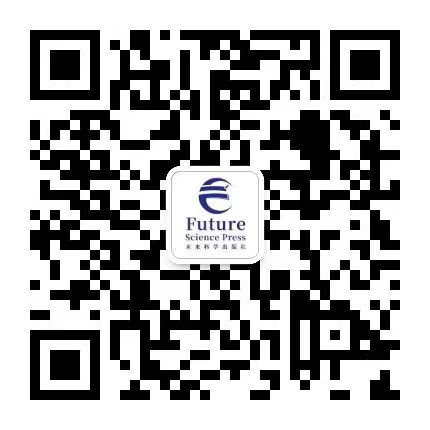作者:Sun Qianqi
院校:School of Foreign Languages, Chengdu College of Arts and Sciences, Chengdu, China
Post-2000 college students; new media environment; ideological and political education; digital generation; civic engagement
[1] Li, Y., & Cui, X. (2020). The Influence of New Media on the Ideological and Political Education of College Students in the Age of theInternet. In 2020 2nd International Conference on Management, Education Technology and Economics (ICMETE 2020).
[2] Liu, Y. (2019). The Characteristics and Internet Usage Patterns of the Post-00s Generation. In Proceedings of the 2nd InternationalConference on Computer Science and Application Engineering (pp. 57-61).
[3] Sun, H., Zhang, L., & Peng, Z. (2017). The Impact of New Media on College Students’ Ideological and Political Education. In 2017International Conference on Management Science and Industrial Engineering (MSIE 2017).
[4] Jenkins, H. (2006). Convergence culture: Where old and new media collide. New York: New York University Press.
[5] Livingstone, S. (2008). Taking risky opportunities in youthful content creation: Teenagers’ use of social networking sites for intimacy,privacy, and self-expression. New Media & Society, 10(3), 393-411.
[6] Helsper, E. J., & Eynon, R. (2010). Digital natives: Where is the evidence? British Educational Research Journal, 36(3), 503-520.
[7] Rheingold, H. (2012). Net smart: How to thrive online. MIT Press.
[8] Buckingham, D. (2007). Youth, identity, and digital media. MIT Press.
[9] Livingstone, S., & Sefton-Green, J. (2016). The Class: Living and Learning in the Digital Age. New York University Press.
Copyright © 2021-2022 未来科学出版社 All Rights Reserved.
+65 6396 6190

微信二维码